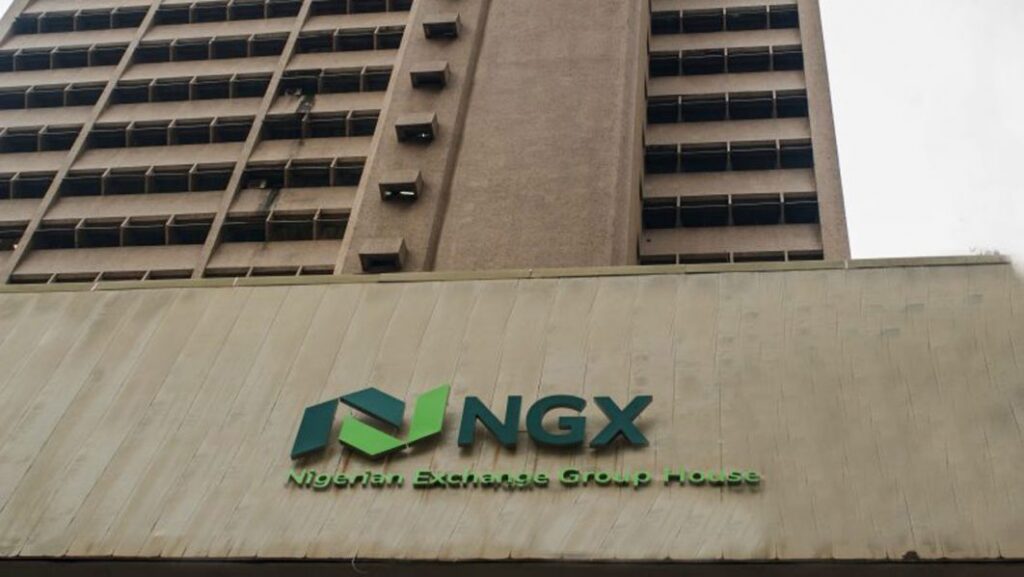The volume of insurance stocks traded on the Nigerian Exchange Limited rose by 299.15 per cent at the close of trading on Wednesday, a day after President Bola Tinubu assented to the Nigerian Insurance Industry Reform Act 2025.
According to the daily market summary from the NGX on Wednesday, the volume of insurance traded stood at 1,883,381,971 compared to 471,844,042 at the previous trading session.
However, the number of trades declined by 55.29 per cent to 1,358 from 3,038 on Tuesday.
From the daily report, it was indicated that 16 of the insurance stocks listed on the NGX appreciated, with the likes of AXA Mansard, Mutual Benefits and NEM Insurance recording the highest daily gain of 10 per cent.
Other stocks also appreciated by more than nine per cent, with Guinea Insurance and Regency Assurance Plc stocks rising the lowest at 9.28 per cent.
The Nigerian Insurance Industry Reform Act 2025 repealed and consolidated several outdated insurance laws into a single, modern legal framework.
The new Act provides for comprehensive regulation and supervision of all insurance and reinsurance businesses operating within Nigeria.
NIIRA 2025 introduces critical measures such as stringent capital requirements to ensure the financial soundness of operators, enforcement of compulsory insurance policies to enhance consumer protection, digitisation of the insurance market to improve access and efficiency; zero tolerance for delays in claims settlement; creation of dedicated policyholder protection funds, especially in cases of insolvency; and expanded participation in regional insurance schemes, including the ECOWAS Brown Card System.
Analysts had projected that insurance sector stocks would surge on the back of this new act.
CardinalStone, in its sector update on the law and impact on the economy, said, “These reforms are expected to reshape the competitive landscape of the industry, with the recapitalisation directive likely to pose challenges for the relatively smaller operators, given the existing market fragmentation amidst other structural bottlenecks.
“Hence, we could see a wave of industry consolidation through mergers and acquisitions, as less-capitalised firms seek to meet the new thresholds within the stipulated timeframe.
“Insurers would be required to comply with the new capital requirements within 12 months of the law’s commencement, as stipulated by the National Assembly.
“However, we expect further regulatory guidance on implementation timelines, qualifying capital, and transitional provisions.
“Ultimately, these reforms tie finely with the government’s broader economic vision of achieving a $1tn economy by 2030, complementing recent initiatives such as the banking sector recapitalisation, the revised Investment and Securities Act, and the 2025 Tax Act.”















